PL 5829 (Bill nº 5829/2019), unanimously approved by deputies on Thursday night (16), had a controversial reception by professionals working in the DG (distributed generation) segment.
Hewerton Martins, president of the Solar Entrepreneur Association (Free Solar Movement), followed the approval on the 15th in the Senate and on the 16th in the Chamber. For him, the rapid processing of the PL5829 proposal had a worrying outcome as it leads the future of distributed microferration to ANEEL (National Electric Energy Agency).
“Entrepreneurs and consumers who use so-called microgeneration (up to 75kW of power) need to organize themselves as ANEEL now has powers assigned within the bill. We fought so hard to get out of fragile regulation, via the regulatory agency, and they managed to place ANEEL with full taxation powers within PL5829”, he assesses.
According to him, the only solution for integrators will be to organize themselves nationally to prevent ANEEL from imposing a complete taxation after 12 months of the law being in force, the so-called alternative 5, where only the TE tariff component is compensated in microgeneration.
“If we manage to prevent the regulatory agency ANEEL from making the same proposal as on October 15, 2019 with maximum taxation, it will be a victory for microgenerators – bakeries, butchers, neighborhood mini markets, family farming and homes. The law does not regulate taxation, it directs the decision to Aneel. This, perhaps, is the only way to keep microgeneration up to 75 kW alive in Brazil. Those directly affected are consumers who have bills between R$ 100 and R$ 9 thousand, he analyzes.
“The Free Solar Movement will seek to mobilize all organized civil society over the next 12 months to prevent microgeneration from dying with the additional taxation that must be imposed by ANEEL (National Electric Energy Agency)”, he states.
In the opinion of the president of the Alagoan Solar Energy Association and CEO Fort3 Solar, Eliana Cavalcanti, the PL contains paragraphs that are beneficial to the sector, but the paragraph that deals with taxation will make the progress necessary for the country's growth and sustainable development unfeasible.
“I believe that it is premature to start the taxation process in just 12 months and there is still a possibility that the DG sector will end completely after the transition period via taxation due to the accounting study that will be delivered after 18 months and put into practice at the end of the transition, as one of the protagonists of the study is ANEEL, the same company that wanted to tax energy generation on the country's roofs and soil by more than 57%”, he assesses.
According to her, it would take at least 36 months after the law was enacted, still in its current rule, “so that the country can progress through the generation of clean and decentralized energy, thus achieving much-needed energy security, leaving aside dependence of thermoelectric plants that, in addition to putting more strain on Brazilians’ pockets, also destroy the environment.”
“We should be creating a guarantee fund to finance solar energy, in order to get out of the measly mark of just 0.7% of the total of 87 million consumers eager to reduce the root expense that is a stumbling block to economic progress, social and environmental aspects of the country that radiates plenty of love and sunshine from south to north”, concludes Eliana.
Talles Silvano Rêgo Lima, CEO of Taldi Engenharia, assesses that, despite many people receiving the approved text with disappointment, he considers it positive to create a Law for GD.
“No one considers that if it weren't for this political mobilization that ended in law, we would be left with alternative 5 imposed by ANEEL in 2021. No one considers the uncertainty involved in explaining to the customer what it would be like during the useful life of the equipment, with a new development ANEEL every month, regulating by letter. Nobody talks about the excesses of the concessionaires, every month inventing a fashion to increase costs or make projects unfeasible, and taking integrators by surprise with work sold. We need to think about what could happen if we kept pushing this with our belly”, he highlights.
“I see this 'glass' as 'half full'. In all markets around the world, there has been some kind of network remuneration and they are booming. In Brazil, we will now have well-defined rules and a ten-year horizon, which is a long time. What we have to do is roll up our sleeves and work”, he adds.
Roberto Caurim, CEO of Bluesun, highlights that the creation of the GD Legal Framework was promising for the sector. “I believe that the approval of PL 5829 was very positive. I believe that the sector can only celebrate. It is a security for the sector and, certainly, more and more investments will be attracted to the photovoltaic sector, in addition to greatly promoting employment in Brazil. I believe this will be a game changer in renewable energy and not just for solar”, he assesses.


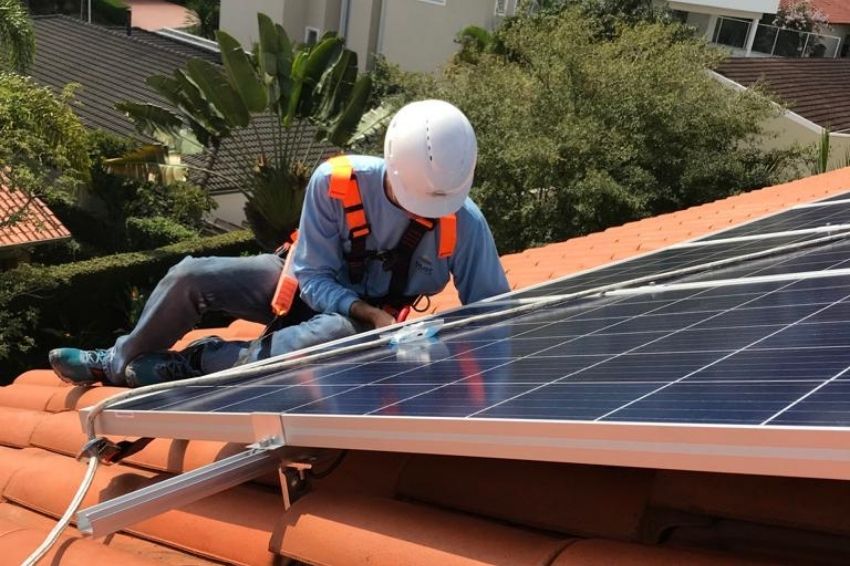

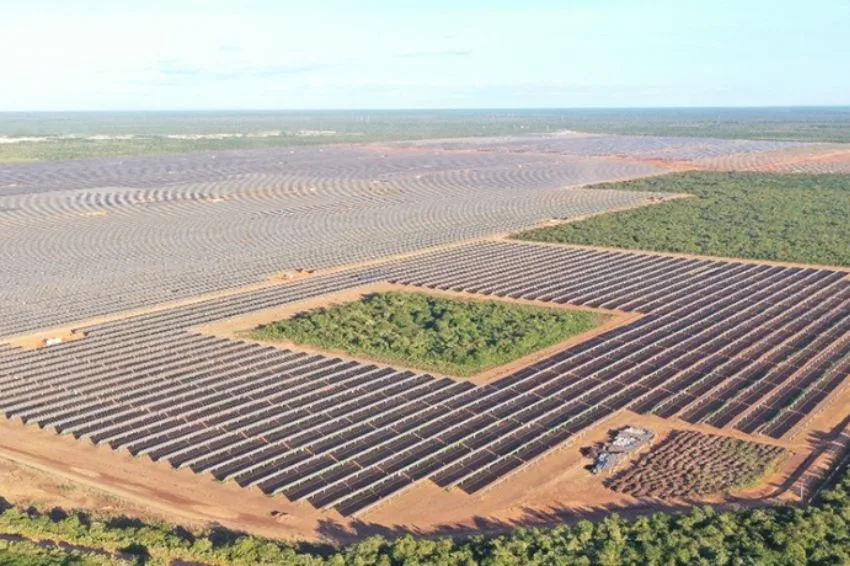
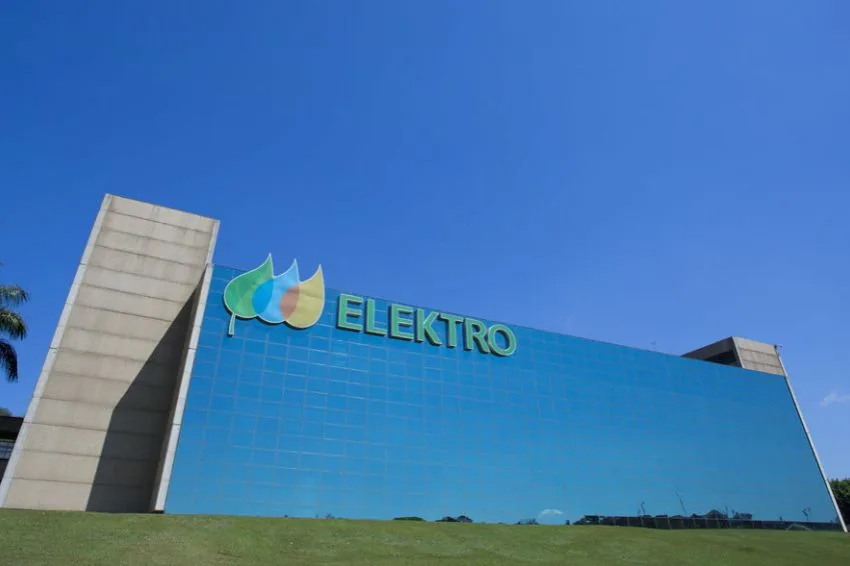
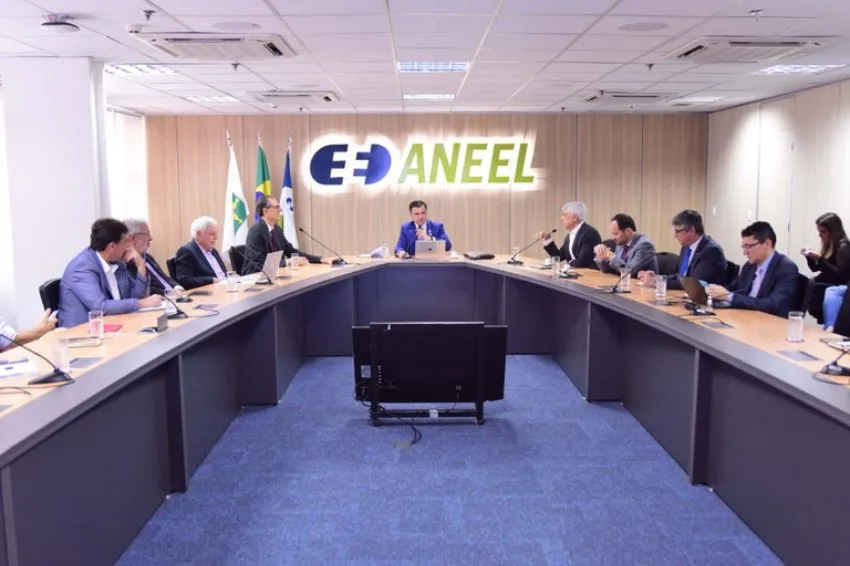
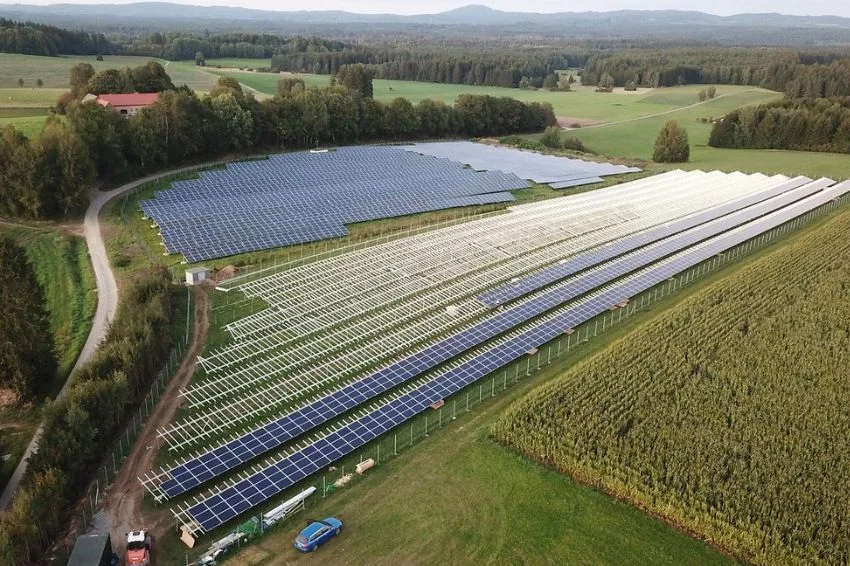

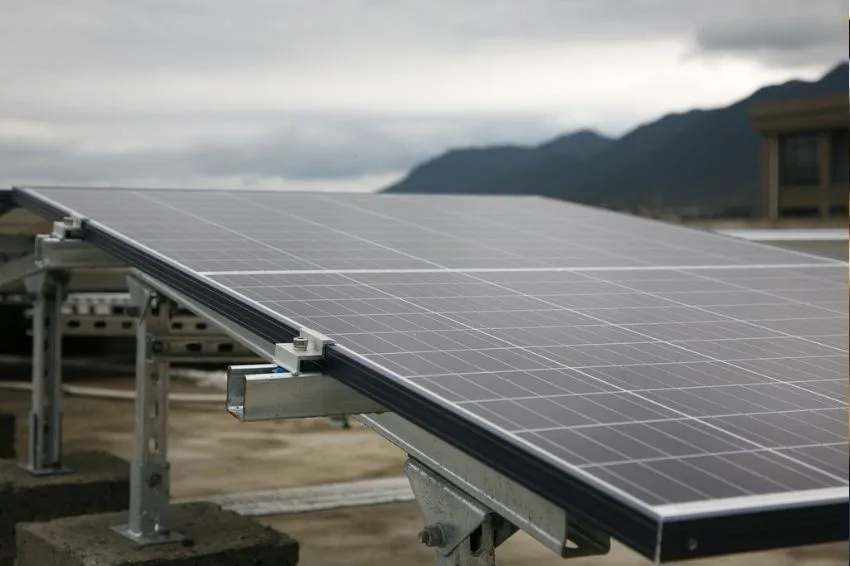







2 Responses
I also see positive points in PL 5829/2019; such as, opening for growth of the storage system,
, hybrid systems (fundamental to the agricultural sector, especially in the largest corners of Brazil), plants shared between individuals and legal entities, commercialization of excess generation from rooftops in homes to distributors (as has been the case for years in first world countries!); among others. Brazil is still just starting out in solar energy; but it also matured a lot, a lot, after REN Aneel 482 (2012) and 687 (2015). Solar in Brazil really started from 2017 onwards, when equipment costs fell in price to date by more than 60%! In 2021, according to data from Absolar, we reached almost 4% (between DG and solar GC) of the Brazilian energy matrix! Three years ago it was less than 1%! This in the middle of a pandemic! It's very significant! More than 217 thousand jobs were created! We have to take our hats off to these brave solar entrepreneurs throughout Brazil, especially the small and medium-sized ones who represent the solar base in more than 90% and are well represented by entities and also by leaders such as MSL (Hewerton) and Eliana (Associacao Alagoana Solar) and many other Brazil from north to south! Congratulations ! And cleaner, more sustainable energy! The planet thanks you!
On the one hand, we have to recognize the important role and mission of the regulatory agency Aneel in stimulating and promoting the sector! The state has to exercise its role as a state by defining good policies and practices for society. The financial system recognized solar energy as an important step also for its own business; more capital at lower interest rates for investors and entrepreneurs! More promotion and opportunities!
On the other hand, we in the market are always looking for innovative solutions that allow us to provide people and the environment with quality of life, generating jobs and income! We always stay up to date and connected by debating; dialoguing, discussing, proposing, mobilizing society and paying attention to the congress' proposals! Our role is also to monitor whether our representative that we helped place in the congress chair are proposing fair laws! And fight if necessary to change!
Could the PL be better? Of course yes!
But there was consensus and now we can analyze gains and losses (from various perspectives) understanding that everything is evolutionary! Nothing is permanent! Including those parliamentarians who may have been biased, either due to lack of knowledge or perhaps on purpose (we don't know; who are we to judge!) in directing certain rules to their own advantage; These will be ephemeral! But congratulations also to our congress; However, if we have to change to improve, we will continue fighting and working to change.
Here in Brasilia we tried to get some amendments through Senator Izalci (who is very involved and committed to the productive sector of the DF and has extensive experience and great vision of the technology market) with some leaders and experts on the solar subject; We hoped that some might be accepted, but we were aware that it would be very difficult to pass! But, it's better to make a mistake trying than not trying at all! We have a clear conscience that our duty has been fulfilled.
We continue here in Brasília, active in the solar market and working with several partners in other states.
@vante
It's a shame that PL 5829 was approved in this way. I believe that the deputies and senators didn't even know they were coming back. They have just destroyed photovoltaic energy for the simplest people, that is, low-income people and small rural producers. Photovoltaic energy will no longer pay off for these people. A real shame…. Either these politicians are unprepared or they had advantages in this vote.
Brazil is really a joke and now, just like Spain, it will charge the Sun tax